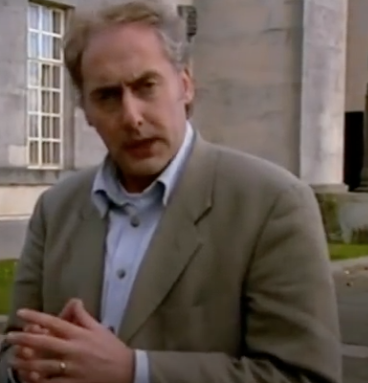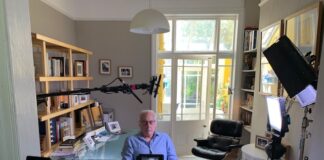- I predict another riot… - 30th January 2026
- Force for change - 29th January 2026
- Greener with envy… - 28th January 2026
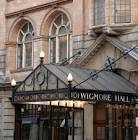
An extraordinary row between a major concert hall in London which has refused state funding and the public body that distributes the money, has put centre stage the state of the arts in Wales where critics have claimed the sector “will fade away within a decade”.
Wigmore Hall rejected its six figure annual grant, but Arts Council England (ACE) has hit back by declaring that it can only do so because it is based in a rich area of the UK capital.
An open letter from ACE chair, Sir Nicholas Serota addresses the unbelievable controversy and is co-signed by members of National and Area Councils, declaring that the venue’s achievement “must not be used as an argument against public funding for culture” and should be put in the context of the hall’s location “in a wealthy part of central London”.
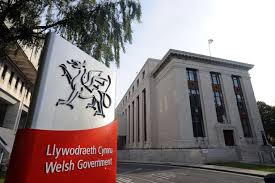
Yet this astonishing affair is set against a background which is very different in Wales, and concern is growing there that the arts may not survive in its present form at all, while an enormous row has developed over CUTS to state funding.
The Welsh Government (WG) has faced a string of bad headlines, including ones about the temporary closure of the National Museum (NM) in Cardiff, the dropping of music courses at Cardiff University (CU) and cuts to Welsh National Opera (WNO).
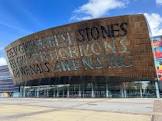
The Chief Creative and Content Officer at the Wales Millennium Centre (WMC) Graeme Farrow was scathing about the situation.
He declared: “An alien who landed in the country today would look around and think: ‘Wow, there do seem to be an awful lot of problems here for all the arts'”.
Late last year it was claimed that the Arts Council of Wales (ACW) had suffered a 40 per cent real-terms decrease in funding since 2010, and its head, Dafydd Rhys, has expressed a serious concern.
Apparently supporting this alarming comment, Mr Farrow said he feared that rather than a landscape of fertile creativity, any visiting alien would be confronted with the near collapse of a string of national institutions, including the National Theatre Wales (NTW), WNO and S4C. He has proclaimed: “Whichever way you turn, it doesn’t look pretty”.
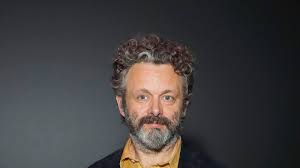
The award-winning star actor Michael Sheen has supported the call for more resources, saying that it would be “an outrage” if further funding cuts impacted on the ailing arts sector. “We have to do something about it. We’re not going to sit here and let people take everything away from us. We have to make sure our voices are heard”.


The importance of Welsh storytelling became clear to the Port Talbot actor, he has said, when he took the role of the political icon Aneurin Bevan in the play Nye, a show created in a collaboration between the WMC and London’s National Theatre (NT).
Meanwhile, the artistic director of National Theatre Wales (NTW), Lorne Campbell, stepped down last spring after a row prompted by a cut to its ACW core funding.
NTW performs in English and accused the funding body of “dismantling Wales’s English-language national theatre”, and research commissioned by Equity last year seemed to back this view, revealing that overall arts funding in Wales had dropped by 30 per cent since 2017, compared with a drop of 11 per cent in England, 16 per cent in Northern Ireland and a two per cent boost in Scotland.
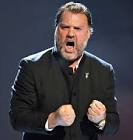
ANOTHER open letter painted a very different picture in Wales to the one from ACE about Wigmore Hall.
It was signed by 175 artists – including Mr Sheen, Bryn Terfel and Katherine Jenkins as well as actor Ruth Jones – and it called for emergency funding for WNO after the company suffered a funding cut from both the English and Welsh arts councils.
In response, the WG has offered £1.5 million in extra funding, but saying it was hamstrung by what came out of Whitehall.
They stressed that they were “determined” the current financial challenges will not restrict their “long-term ambitions”, yet emphasised that the budget is now worth up to £700 million less in real terms than in 2021.

Numbers like these put everything in context – especially with ACE saying a venue could afford to turn down state funding because it was in a rich part of London…
The memories of our Editor, Welshman Phil Parry’s breathtaking decades long award-winning career in journalism (including stories like these) as he was gripped by the rare neurological disease Hereditary Spastic Paraplegia (HSP), have been released in a major book ‘A GOOD STORY’. Order it now.








